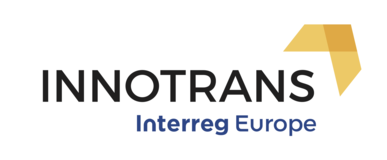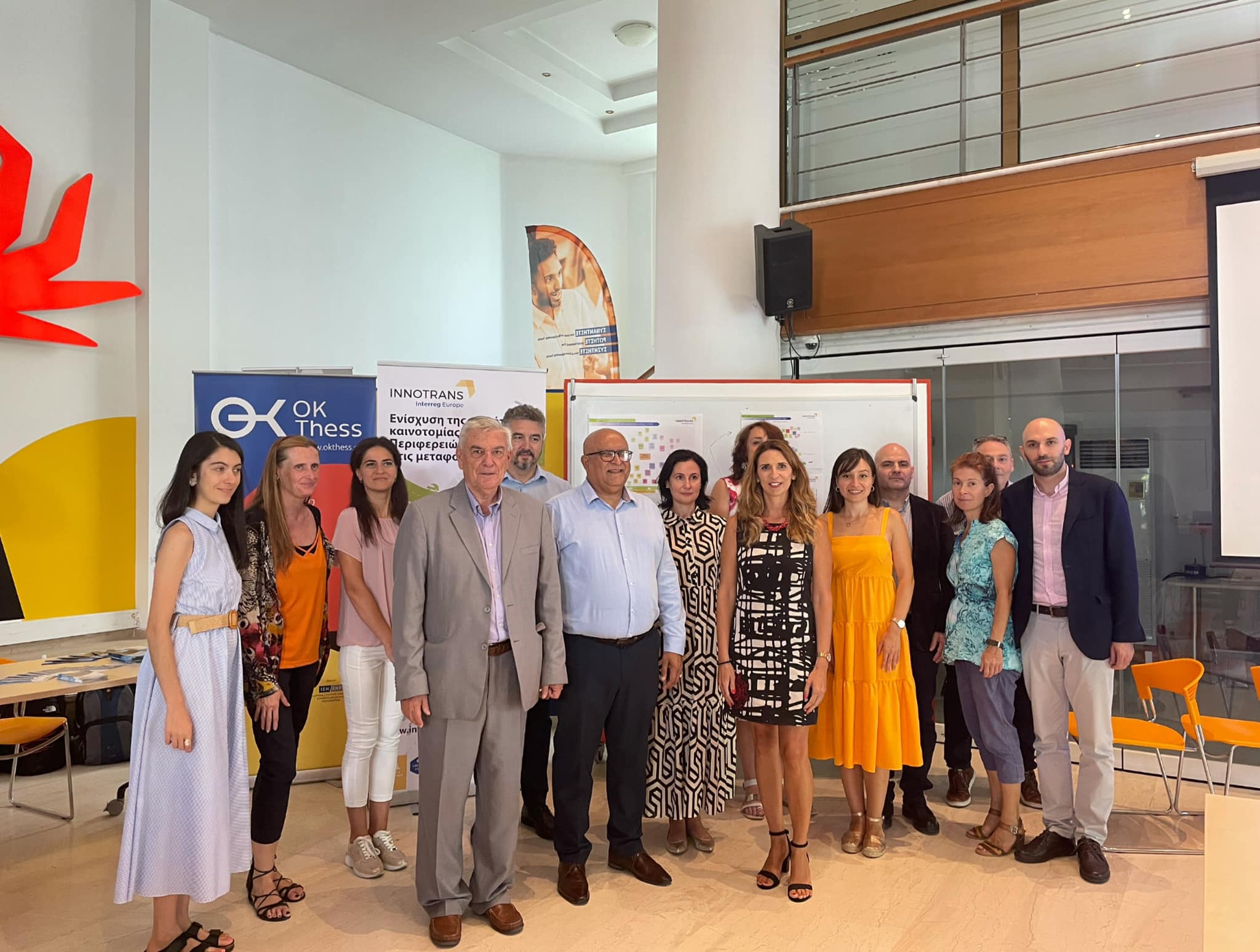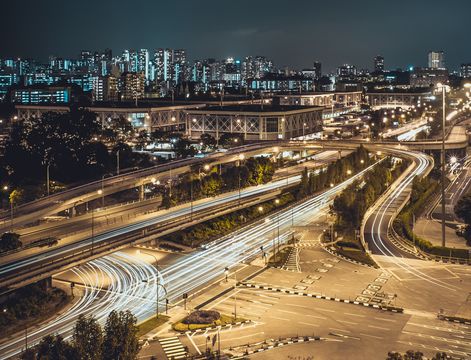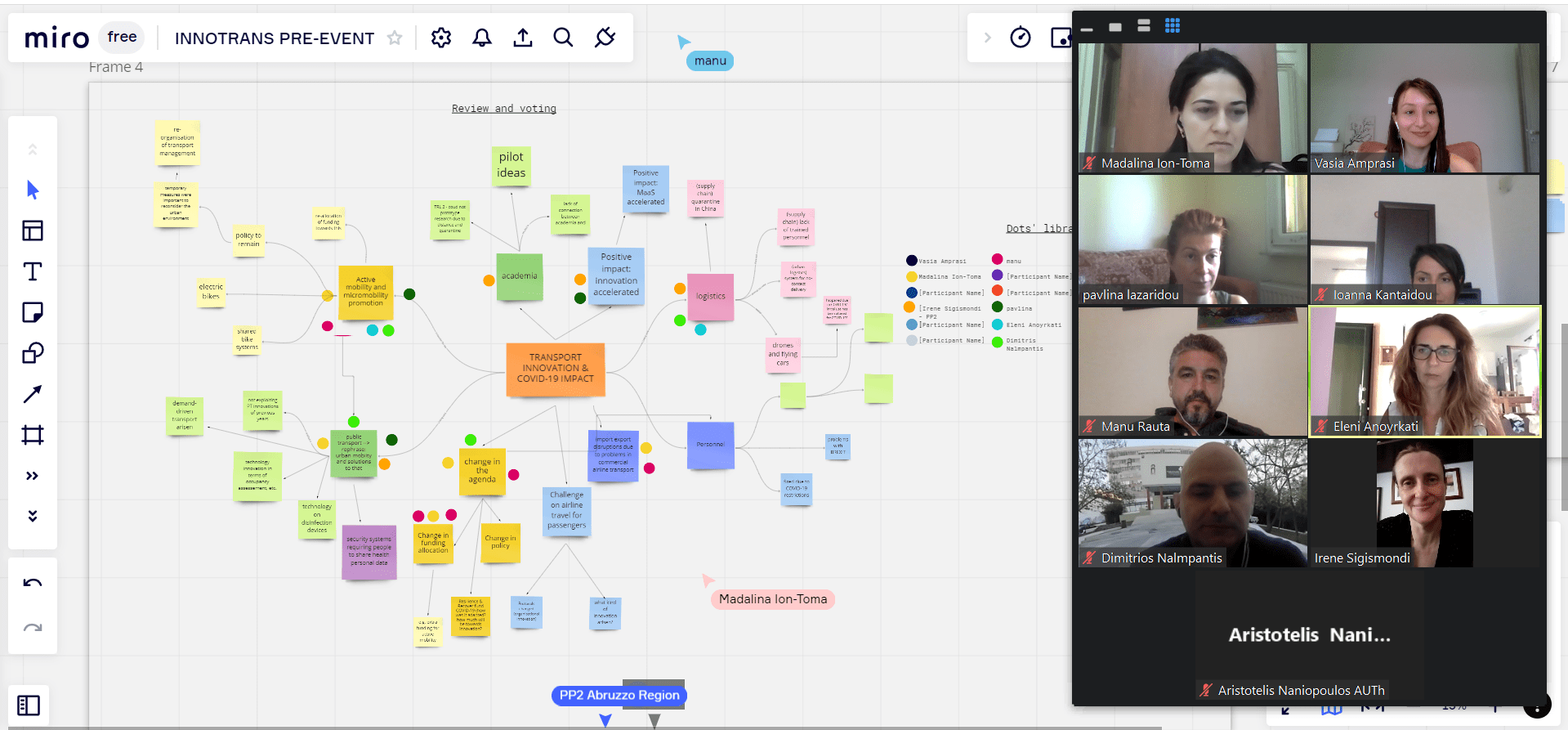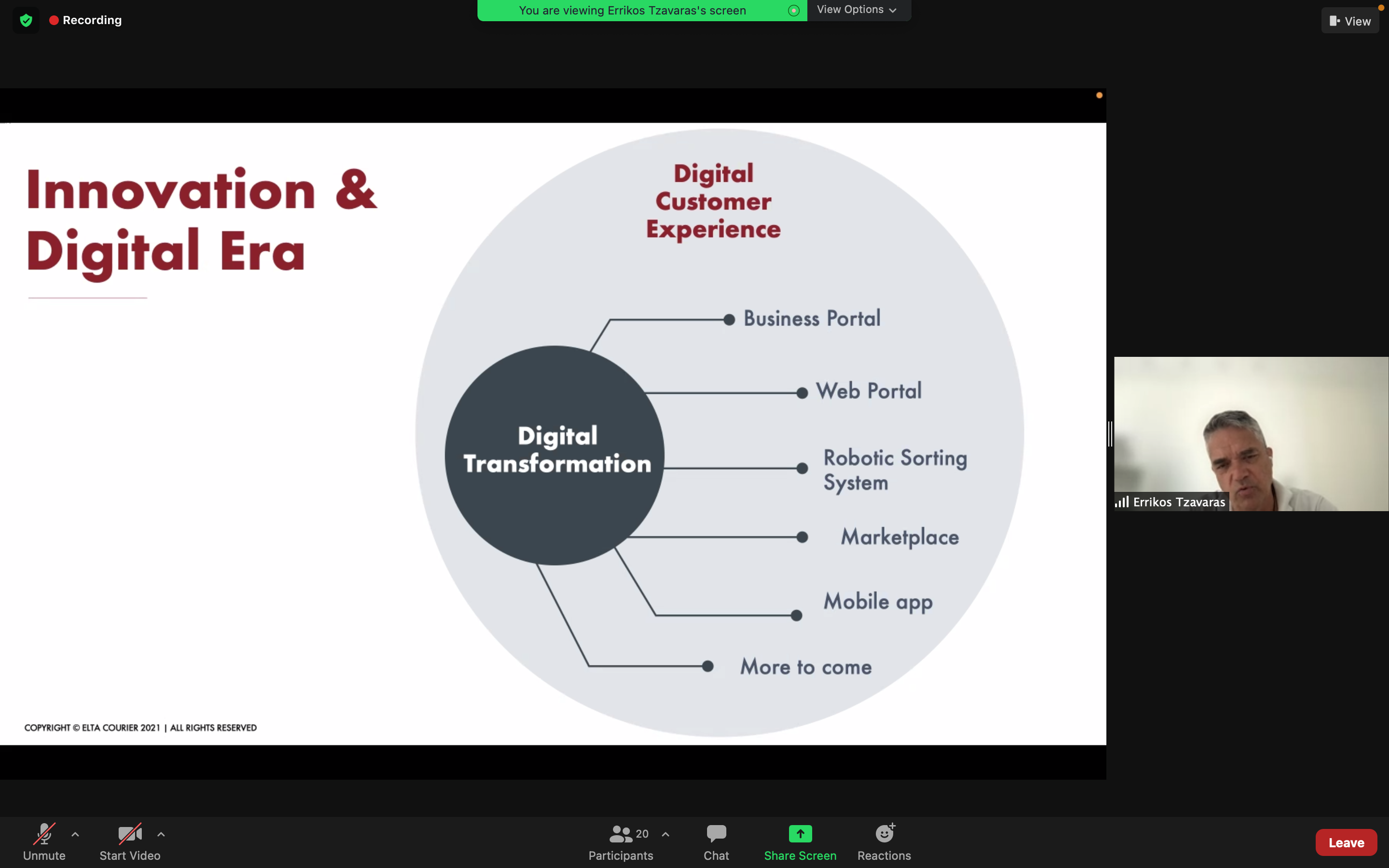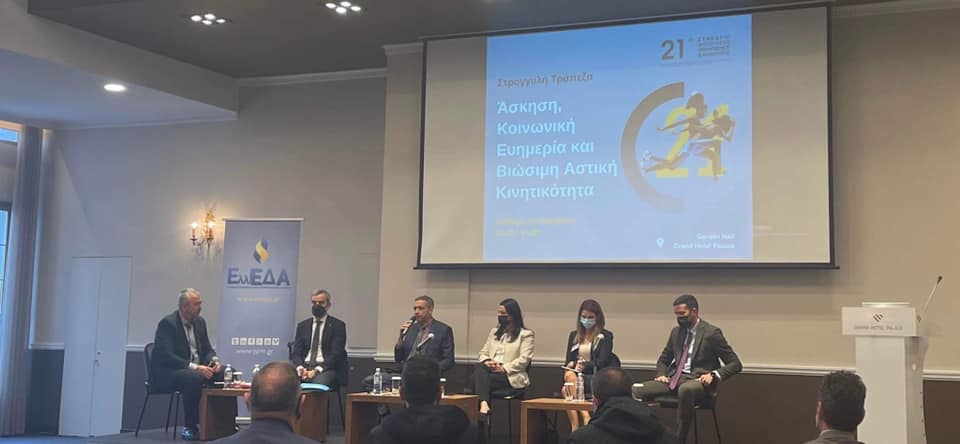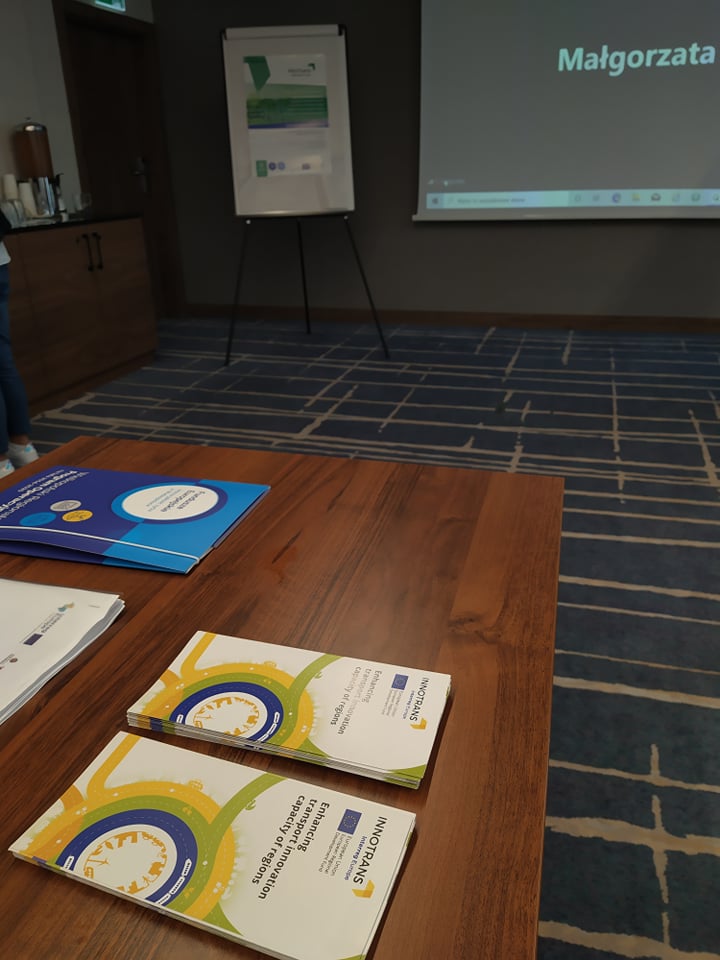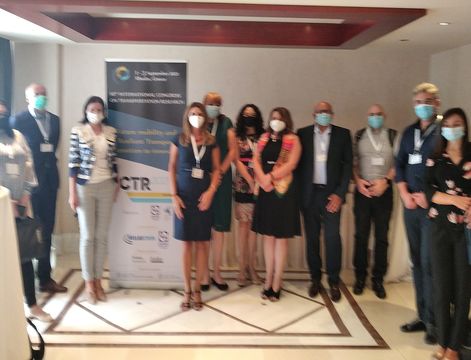On 27 and 28 February 2018 the Capital City of Prague hosted an international meeting of INNOTRANS project that was focused on innovation in the transport sector, low-carbon transport in particular.
During the programme guests from partner institutions abroad visited the Public Passenger Transport Check-in and Information Systems Lab and the Traffic Management and Modelling Lab at the Czech Technical University Transport Faculty. These Laboratories are leading-edge Czech research facilities for the simulation and verification of selected processes, without risk of impinging on live traffic flows.
The stakeholders of the INNOTRANS project as well as project partners were invited to the international thematic workshop that included different thematic presentations (for example - Trends in Low Carbon Transportation or UK Innovative Solutions.)
The 3rd INNOTRANS Stakeholders Meeting of the City of Prague was organized on the 28th of February. The main attention was dedicated to Prague’s SUMP, which is currently being prepared.
The main purpose of Prague’s SUMP is to create an integrated conception and therefore replace the outdated Principles of Transport Policy from 1990s. This document does not include and cover all the relevant issues and challenges of transport in Prague. Besides that, the actual SUMP is a condition for the subsidies from EU structural funds.
Prague’s SUMP will be the key document of the development in terms of transport in the future decade. That is why its content is very relevant for both INNOTRANS and stakeholders of the project as there are and will be many innovative solutions included in SUMP.
Prague’s SUMP is a part of the Strategic Plan of Prague, which is very important for the synchronization of the priorities and convenience of the content of these strategies. Here are the priority topics of the future Prague’s SUMP with the examples of the concrete measures and procurement. Many of these measures/solutions can be perceived as innovative:
- Strengthening the urban and suburban railway and other rail systems, making use of cityshaping function of rail transportation
- Fast and easy travelling in public transport with low impact on environment and high economic spatial efficiency - Unitary ticket system within Prague Integrated Transport, further improvements of the system of bus preference on the crossroads
- Support of pedestrian and bicycle “door to door” trips
- Programme of minor measures and local improvements within the short period of time
- Realization of the Prague ring road as a protection of Prague residential quarters against the car transport
- Advanced systems of transport controlling for the efficient use of the network - Development of transport information system, line control of Prague inner and outer ring road, implementing of Building Information Modelling (BIM)
- Support of electromobility for the decrease of impact of car transport on the environment- Programme of electromobility development
- Well arranged regulation of car transport from the economic point of view (toll, parking policy) - Electronic toll system, mobility plans for big entrepreneurs and employers, strategy of sustainable logistics
- Development of P+R, B+R and bikesharing related to “the last mile” to the terminals of public transportation, double the capacity of the parking sites P+R close to the metro stations
- Cooperation of transport and urban planning for elimination of suburbanization impacts
- Increasing the quality of public spaces and quieting the transportation close to the terminals and stops, humanization of public spaces
- Intensive coordination between the national, regional, city and districts levels
- Etc.
To sum up, 215 projects of 106 bil. CZK in total were prioritized with respect to the transport policy and analysis. This load of projects was assessed based on the estimations of the specialists of City of Prague and assumed capital resources of City of Prague until 2030. Even though it is obvious, that the cost will be very high.
